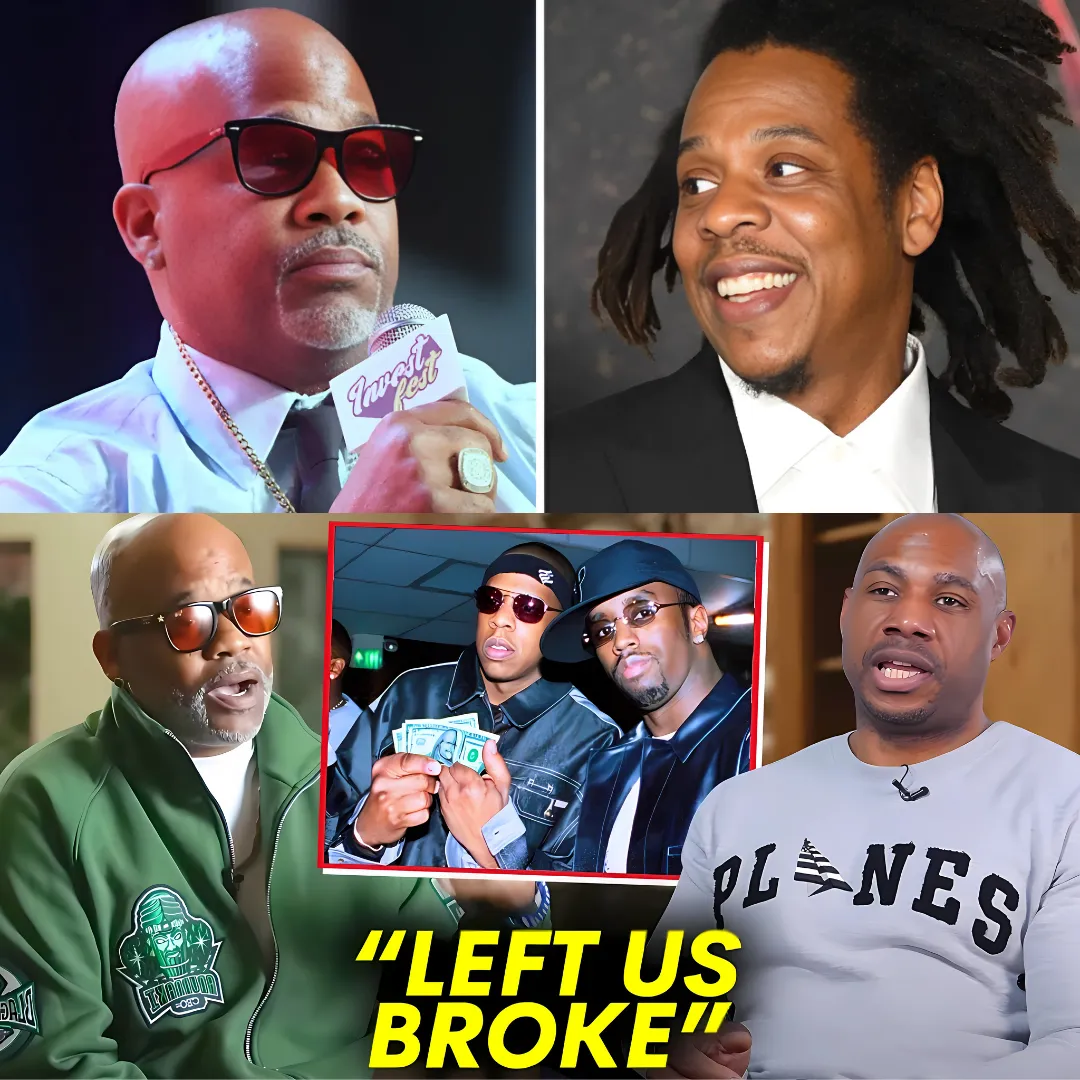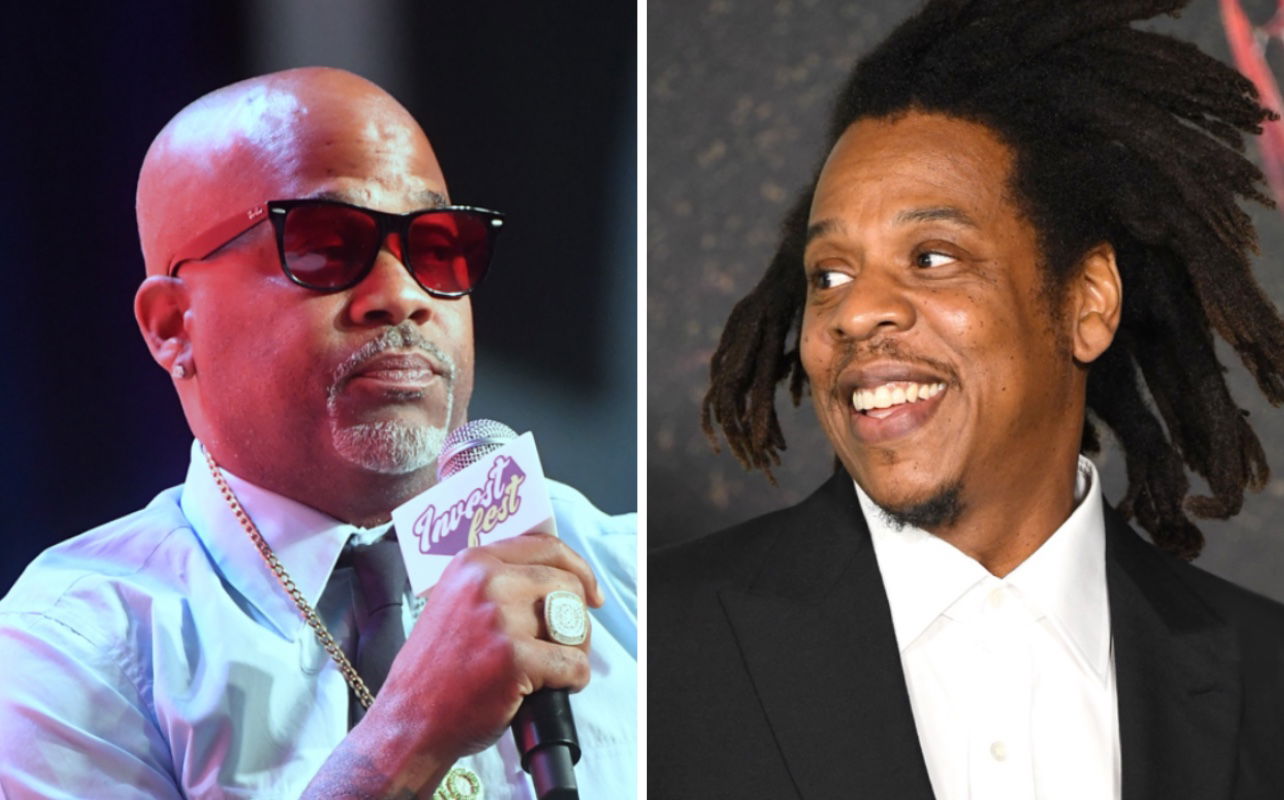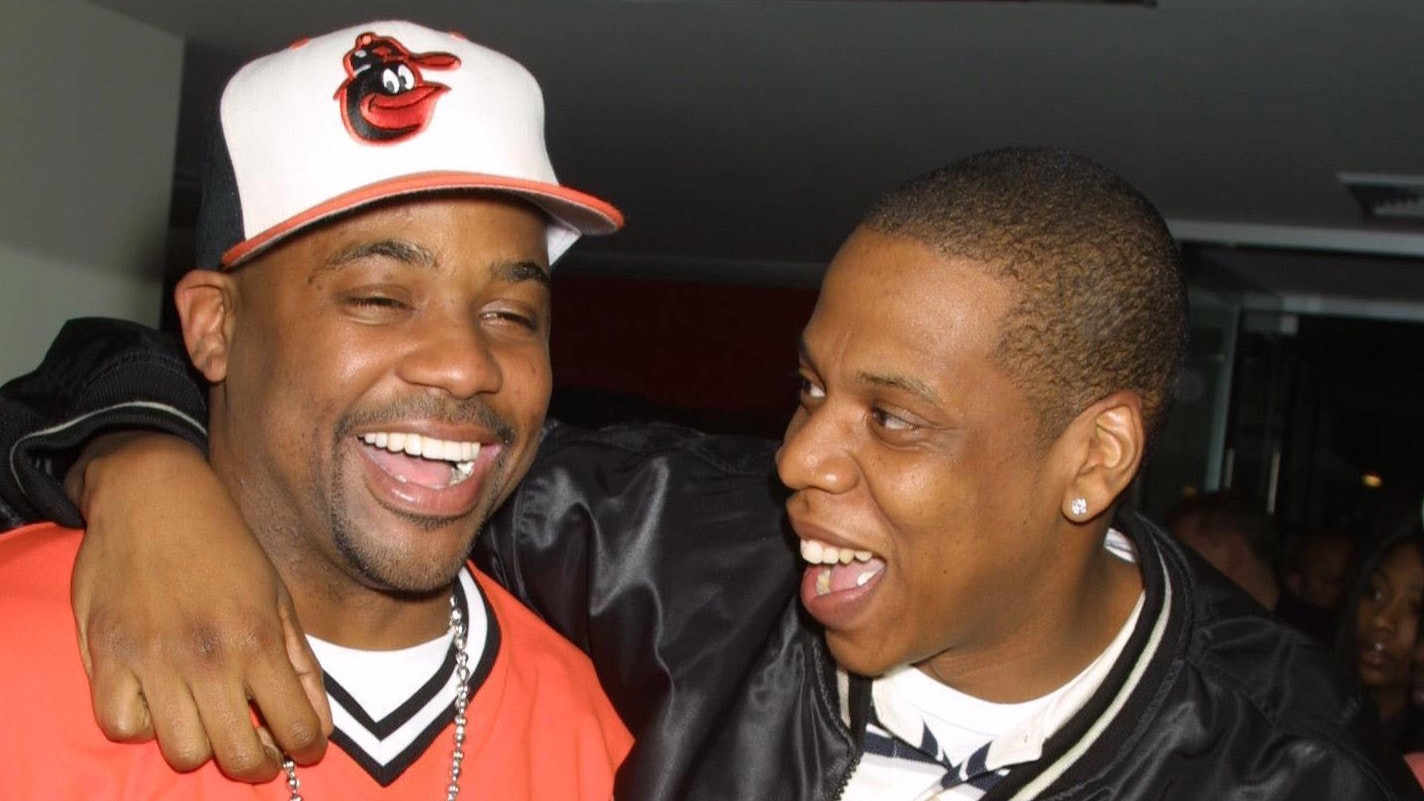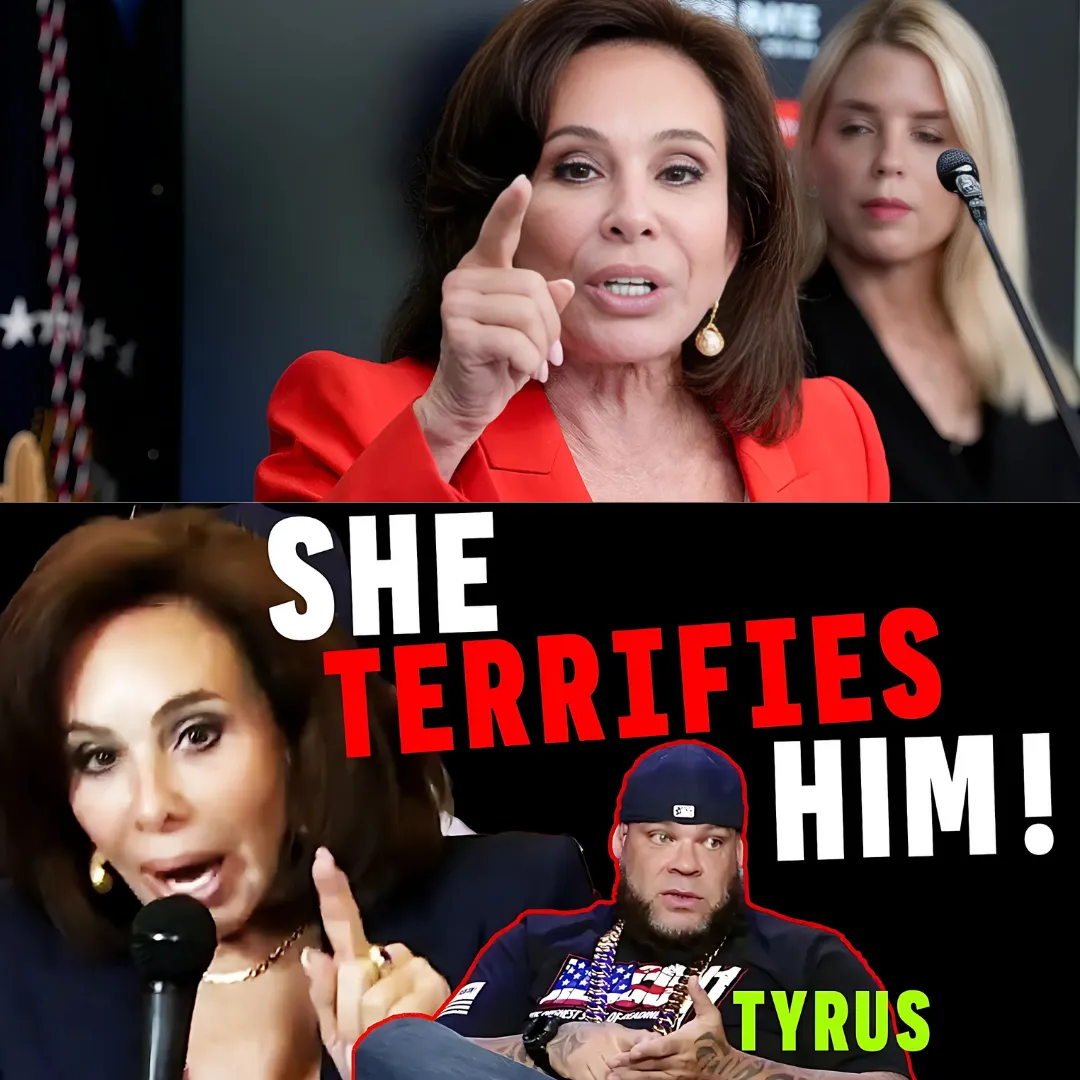“‘Beyoncé has surpassed Michael Jackson to become the most important Black artist of our time’: Jay-Z compares his wife, Beyoncé, to Michael Jackson.”
“‘Beyoncé has surpassed Michael Jackson to become the most important Black artist of our time’: Jay-Z compares his wife, Beyoncé, to Michael Jackson.”
When Jay-Z spoke those words — words that instantly ricocheted across the music industry, across social media, and across generations of fans — the world stopped. It wasn’t just a husband defending his wife. It wasn’t just a man hyping up the queen of his empire. It was a declaration, a coronation, and a provocation rolled into one. By daring to place Beyoncé above Michael Jackson, the so-called King of Pop, Jay-Z ripped open one of the most explosive debates in modern music history. And now, with the quote plastered on headlines worldwide, the question that haunts millions of fans is simple: could he possibly be right? Or has Jay-Z gone too far in rewriting the hierarchy of pop culture’s greatest icons?

The backlash was immediate. Twitter exploded. Instagram flooded with heated posts. YouTube channels churned out reaction videos within hours. One side — the BeyHive, Beyoncé’s fiercely loyal fanbase — treated Jay-Z’s words as gospel truth. To them, Beyoncé wasn’t just a singer; she was a movement, a cultural juggernaut, a global force who had broken every ceiling imaginable. They posted clips of her iconic Coachella performance, her record-shattering Grammy wins, her chart-topping albums, her billion-dollar tours, her political activism, and her carefully cultivated image as both artist and empire. “She IS the moment,” one viral tweet declared. “Michael walked so Beyoncé could run — but she’s been flying for years.”
On the other side, Michael Jackson’s legions of fans were outraged. To them, there could never be another King. Michael wasn’t just an artist — he was a phenomenon who redefined music videos, broke down racial barriers on MTV, and sold more records than anyone alive or dead. His moonwalk was burned into history. His album Thriller remains the highest-selling album of all time. His influence stretched across continents before the internet even existed. “Without Michael, there is no Beyoncé,” one critic fired back. “To compare the two is disrespectful to the legacy of a man who literally changed the world.”
The battle lines were drawn. And like any great pop culture war, it wasn’t just about music. It was about race, gender, power, media, and legacy. It was about who gets to be remembered as the greatest, and who decides when the crown must be passed on.
Jay-Z, of course, knew exactly what he was doing. He has built his empire not only on music but also on narrative — crafting headlines, seizing cultural moments, and positioning himself and Beyoncé as untouchable royalty in a business that eats its own. To compare Beyoncé to Michael Jackson, and then to declare her superior, wasn’t just a compliment. It was a strategy. A move in a much bigger game of cultural domination. And the more people argued, the stronger the narrative became.

But is there any truth behind the claim? To answer that, we need to look at the numbers, the achievements, and the impact of both artists. Michael Jackson sold over 400 million records worldwide, won 15 Grammy Awards, and changed the music industry forever with the release of Thriller, which alone has sold more than 70 million copies. He pioneered the concept of the modern music video, turning short films into global events. His tours drew crowds of historic size. His fame was so intense that people fainted just by being in his presence. He was, without exaggeration, the most famous man in the world at his peak.
Beyoncé, meanwhile, has built a career defined not by one moment, but by consistency and evolution. From Destiny’s Child to her solo career, she has reinvented herself time and again, each era cementing her status as an artist of unmatched control and vision. She has 32 Grammy Awards, the most in history. Her 2018 Coachella performance, dubbed “Beychella,” was hailed as one of the greatest live shows ever staged, a cultural milestone dissected in universities and immortalized in a Netflix documentary. Her albums — Lemonade, Renaissance, and beyond — are not just collections of songs but cultural statements, blending artistry with activism. And unlike Michael, Beyoncé has built her empire in the era of social media, streaming, and 24/7 celebrity culture, thriving under scrutiny that would have crushed lesser stars.
But numbers and achievements only tell part of the story. The real question is impact. Michael Jackson’s influence is undeniable — he made MTV a global phenomenon, he shattered racial barriers, and he inspired generations of artists across every genre. Beyoncé, too, has redefined what it means to be an artist in the 21st century — not just through music, but through business, branding, feminism, and Black empowerment. Her very existence at the top of the industry is political, a statement of resilience and excellence in a system designed to tear women, and especially Black women, down.
That’s where Jay-Z’s words cut deeper. To call Beyoncé “the most important Black artist of our time” is to place her impact not just on a level with Michael Jackson’s, but above it. For some, that rings true — Beyoncé has become an icon of modern Black culture, a voice for a generation navigating issues of race, gender, and power in ways that Michael never did publicly. For others, it feels sacrilegious — erasing Michael’s role in breaking down barriers in the first place. The truth may be more complicated: perhaps Beyoncé is the most important Black artist of this time, while Michael remains the most important of his. But tabloid headlines don’t thrive on nuance. They thrive on battle.
And the battle rages on. In barbershops, classrooms, and comment sections, people argue. Who is bigger? Who is greater? Who mattered more? Some argue that Michael Jackson is a once-in-a-lifetime phenomenon who can never be topped. Others counter that Beyoncé has surpassed him because she has sustained excellence across decades without scandal destroying her career. Still others argue that the comparison itself is flawed — that Beyoncé and Michael are products of different eras, and measuring them against each other is like comparing Muhammad Ali to Serena Williams. Different times, different fights, different rules.
Yet in the world of celebrity culture, such comparisons are inevitable. They spark outrage, and outrage drives clicks, and clicks fuel the media machine. Which is why, insiders whisper, Jay-Z’s statement may not have been an offhand remark at all, but a calculated media play. By stoking controversy, he ensured that Beyoncé’s name dominated headlines once again, keeping her brand at the center of global conversation. And in a world where attention is currency, that may be the real victory.
Still, there is danger in playing with Michael Jackson’s legacy. His fans are notoriously protective, and his image — despite years of scandal, allegations, and controversy — remains iconic. To some, comparing Beyoncé to Michael is less about celebrating her and more about diminishing him. And that’s where the conspiracy theories begin. Was Jay-Z simply hyping his wife, or was this part of a larger effort by industry powers to reposition the pantheon of music legends? After all, estates, corporations, and streaming platforms all profit from whose catalog gets pushed, whose music gets prioritized, and whose narrative dominates. Could Jay-Z’s words signal a shift in how history itself is being rewritten for the next generation?
The whispers grow louder. Some point to Hollywood’s tendency to control legacies, to rewrite history in ways that benefit current power players. Others say this is simply a natural passing of the torch. But one thing is certain: the debate is far from over.
Beyoncé has spent her career building a fortress around her image — no scandals, no public meltdowns, no interviews that spin out of control. Michael Jackson, for all his brilliance, lived under a microscope, his life dissected in ways that eventually destroyed him. Perhaps that is the key difference. Michael was consumed by fame. Beyoncé has learned to control it. And in that control lies her power — power that Jay-Z knows all too well.
So is Beyoncé truly bigger than Michael Jackson? The answer may depend on how you define greatness. If greatness is measured in pure record sales, Michael still holds the crown. If greatness is measured in cultural impact, the debate becomes murkier. If greatness is measured in resilience, longevity, and relevance in the digital age, Beyoncé may indeed have surpassed him. But in the end, the comparison itself may miss the point. Both artists shaped the world in their own ways. Both broke barriers. Both defined eras. And perhaps the only real truth is this: greatness does not belong to one person, but to the generations they inspire.
Yet the headlines will not stop. Jay-Z’s words will continue to echo, fueling arguments, driving clicks, and reshaping how the next generation sees both Beyoncé and Michael Jackson. And maybe that was the plan all along. In the end, history is written not by what is true, but by what is repeated. And right now, Jay-Z’s declaration is being repeated everywhere.
Which leaves us with one final question: when the dust settles, and the music of both icons continues to echo through time, who will history remember as the greatest — the King of Pop, or the Queen who dared to surpass him?
Damon Dash & Kareem Burke Expose Jay Z’s Secret Deals — Did He Use Them All Along? Fans Shocked: “The Carter Empire Was Built on Lies”

Damon Dash & Kareem Burke Expose Jay Z’s Secret Deals — Did He Use Them All Along? Fans Shocked: “The Carter Empire Was Built on Lies”
A Storm That Hip-Hop Never Saw Coming
When Damon Dash and Kareem “Biggs” Burke, the two men who helped build Roc-A-Fella Records from scratch, decided to break their silence, few could have predicted the earthquake that was about to ripple through hip-hop. What began as whispers in backroom interviews has now exploded into a full-blown scandal that threatens to dismantle not just Jay Z’s carefully crafted image, but the very foundation of the Carter empire.
For years, fans were fed the fairy tale: three young hustlers turned visionaries who disrupted the music industry with grit, determination, and raw talent. But according to Dash and Burke, the truth was far darker — and Jay Z’s meteoric rise may have been greased by shady backroom deals, betrayals, and a Machiavellian scheme that used his partners as pawns.
“People think they know the story,” Damon Dash reportedly said. “But they don’t know what he really did. They don’t know what he promised, who he sold out, and how he played the game.”
The revelations are chilling. And if they are even half true, Jay Z’s throne isn’t just shaky — it may already be collapsing.

The Rise of Roc-A-Fella: Brotherhood or Illusion?
Back in the mid-90s, Roc-A-Fella was pitched as a brotherhood. Damon Dash, Kareem Burke, and Shawn “Jay Z” Carter were supposed to be equals. Each man brought something different: Dash, the loud, fearless promoter; Burke, the quiet strategist; Jay Z, the lyrical genius.
But the leaked conversations paint a very different picture. According to Dash and Burke, Jay Z was already plotting his exit strategy, signing side deals behind their backs, and quietly cozying up to powerful industry gatekeepers.
“He never intended for Roc-A-Fella to last as a partnership,” one insider claimed. “The whole ‘family’ vibe was a front. Jay was already aligning himself with corporate America while letting Damon do the dirty work.”
It wasn’t just business. Dash now claims that Jay Z deliberately allowed him to take the heat for aggressive negotiations, while Burke was sidelined into obscurity. The empire, Dash argues, was built on their backs — and then ripped away.

The Shady Deals No One Was Supposed to Know About
Perhaps the most shocking part of the revelations is the claim that Jay Z made deals with figures tied to the streets and, in some cases, organized crime.
Kareem Burke hinted at hidden contracts and off-the-record agreements where Jay Z allegedly funneled money in exchange for “protection” and “access” that allowed him to expand beyond music.
“These weren’t record label meetings in fancy offices,” Burke said cryptically. “These were meetings where you don’t bring a lawyer — you bring someone who can watch your back.”
One chilling claim suggests that certain music videos and tours were bankrolled by shadow financiers whose names never appeared on paperwork. If true, it raises the question: how deep was Jay Z willing to go, and who still holds the receipts?

“We Were Pawns in His Gangsta Game”
Dash, never known to mince words, described his experience in brutal terms:
“Jay played us. Straight up. He made us believe we were kings, but in his game, we were pawns. He needed our hustle, our connections, and our loyalty — but once he got what he wanted, he cut us off.”
The sense of betrayal runs deep. Dash recalled how, during a crucial moment when Roc-A-Fella could have expanded as an independent empire, Jay Z secretly negotiated with Def Jam executives — essentially selling out his partners.
Burke confirmed the betrayal, adding: “It wasn’t about business. It was personal. We trusted him with everything, and he turned it into a one-man empire.”
The fans who grew up believing in Roc-A-Fella as a symbol of independence now face a cruel irony: the empire they idolized may have been built on lies.
Beyoncé Pulled Into the Storm
As if the revelations weren’t explosive enough, rumors now swirl that Beyoncé herself was stunned by what she heard.
Insiders claim she has privately questioned the long-buried past and whether her husband’s empire was born from betrayal. Some even whisper that the revelations could fracture the carefully polished Carter brand.
“If this gets bigger,” one industry source warned, “it doesn’t just hit Jay Z. It hits Beyoncé, their kids, their legacy, their billions. The Carter empire is built on image — and if that image cracks, everything crumbles.”
Fan Reactions: “Empire Built on Lies”
The backlash has been swift. Online forums are ablaze with heated debates. Fans feel deceived, betrayed, even complicit in celebrating what now looks like a carefully staged illusion.
“Everything I believed about Roc-A-Fella was fake,” one fan wrote. “Jay Z built an empire, but he did it on their blood. That’s not genius, that’s treachery.”
Others accuse Dash and Burke of being bitter and opportunistic — but even skeptics admit the timing and consistency of their stories raise serious questions.
The phrase “Empire built on lies” has already gone viral, echoing across Twitter, Instagram, and TikTok, becoming a rallying cry for those demanding answers.
The Federal Shadow
Perhaps the most dangerous angle of all is the suggestion that federal investigators may be quietly circling.
For years, rumors have linked hip-hop moguls to questionable financial dealings, but rarely do those whispers translate into subpoenas. Now, however, Dash and Burke’s explosive claims may put pressure on authorities to re-examine Jay Z’s past.
“Don’t think they aren’t watching,” one former federal agent told reporters. “When you move that much money, in those kinds of circles, people take notes. And when insiders start talking? That’s when the real files come out.”
Could Jay Z face a reckoning not just in the court of public opinion, but in a courtroom?
A Legacy on the Brink
For two decades, Jay Z has positioned himself as the untouchable mogul — rapper turned billionaire, married to the world’s biggest pop star, praised as a business genius and cultural icon.
But legacies are fragile. And once the narrative shifts, it’s almost impossible to control.
If the revelations gain traction, Jay Z may find himself recast not as a visionary leader, but as a ruthless manipulator who built his kingdom on betrayal.
The cracks are already showing. And what Damon Dash and Kareem Burke have started may be impossible to stop.





